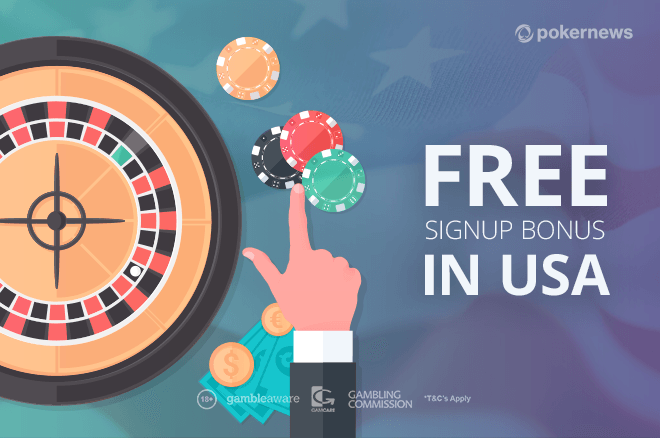Legal Online Slots United States
Playing free slots online is a great way to hone your skills before taking your cash to the real thing, be it at an online casino, a brick-and-mortar casino, or on a sweepstakes casino site. Playing free slots online. At this moment, at least 25 US states have legalized and regulated online gambling in some form. However, most states have limited their legalization efforts to sports betting. Nevertheless, we expect.
Are Online Slot Machines Legal
Online casinos are legal in most parts of the world. Many world governments have written laws specifically addressing the legalities of real money online gambling; others like the United States depend heavily on state law and an existing legal vacuum to keep online gambling in check. The legality of an online casino has something to do with that casino’s proper operations and something to do with the legality of online gambling where you live. Finding legal online casinos isn’t hard, you just have to know what you’re looking for and shop around a little.
That’s where our trusted casino reviews help. Comparing legal online casinos is a matter of first finding out if casino gambling online is legal where you live, then doing a little bit of work browsing online casino sites and comparing their features.

Outside of these states, you can legally play online slots (and get free slot play bonuses) at sweepstakes casinos. The games are different, though you’ll find enjoyable slots — many of which have progressive.
Thousands of Americans gamble online. But is online gambling legal? We break it down to show you what you can do, what you can't do, and what's still up in the air.
Are Online Slots Legal
by Katherine Butler
updated September 03, 2020 · 2min read


The legality of online gambling is ever-changing. But one thing is constant: it makes a lot of money. Online gambling industry makes an estimated $1 billion dollars annually. This is a huge business, and a lot of people have cashed in on it. But it has led to some ambiguous legal issues, as the legality of online gambling is constantly being challenged.
There are differences in the legality of making bets, taking bets, facilitating payments to casinos, and advertising on websites. And there are constantly new legal challenges. So here is a breakdown of the law on online gambling.
Legal Forms of Gambling
There is no federal law against placing a wager online. So, you can legally place a bet online. However, a wager must not be placed on a site located in the United States. There is a small chance players might run afoul of state law, but there is little chance of prosecution. The only case cited where a person got into trouble with a state was in 2003. Jeffrey Trauman of North Dakota paid a $500 fine on over $100,000 of online sports bet winnings.
Sites that are set up outside of the United States are legal. Therefore, gambling on websites located in areas like Australia, the Caribbean, and Latin America is legal. Just be very clear that the site you are playing on is not based on U.S. soil.
Online Slots Real Money Legal
Definitely Not Legal Forms of Gambling
It is never legal to gamble on a website based in the United States. Also, if you are planning to operate an online gambling site, stay outside of the United States. You must also deal only with casino and poker wagers (not sports bets) from people in the US. And you cannot take bets over the phone from people in the United States.
Accepting online gambling advertising is also illegal. If you are a small publisher, you are less likely to be prosecuted, but why risk it? As of early 2009, only large and mid-size publishers had faced prosecution. In 2007, the three big search engines (Google, Yahoo, and Microsoft) each paid a fine for accepting online gambling ads, but did not face criminal charges. Other publishers, such as Esquire Magazine, have been warned by the government not to take online gambling advertising.

Facilitating the transfer of funds to online casinos is also a bad idea. As of 2006, it became illegal for American banks to process transactions originating from or directed toward any online gambling operator. Because of this, several sites then refused to take bets from American players. But as the law seems difficult to enforce, it has not turned the tide completely for American players.
Still up in the Air
Advertisers who promote sports books in magazines and on billboards may or may not face prosecution. So far, sports books have never been scrutinized for advertising online. And online casinos, poker rooms, and sports books have never been prosecuted for buying ads.
Online casinos and operators still accept American players. And international financial parties have continued to process their transactions. The legality is always changing and there have been attempts to declare online wagering against the law, but for now, U.S. citizens who simply place bets online are in the clear.